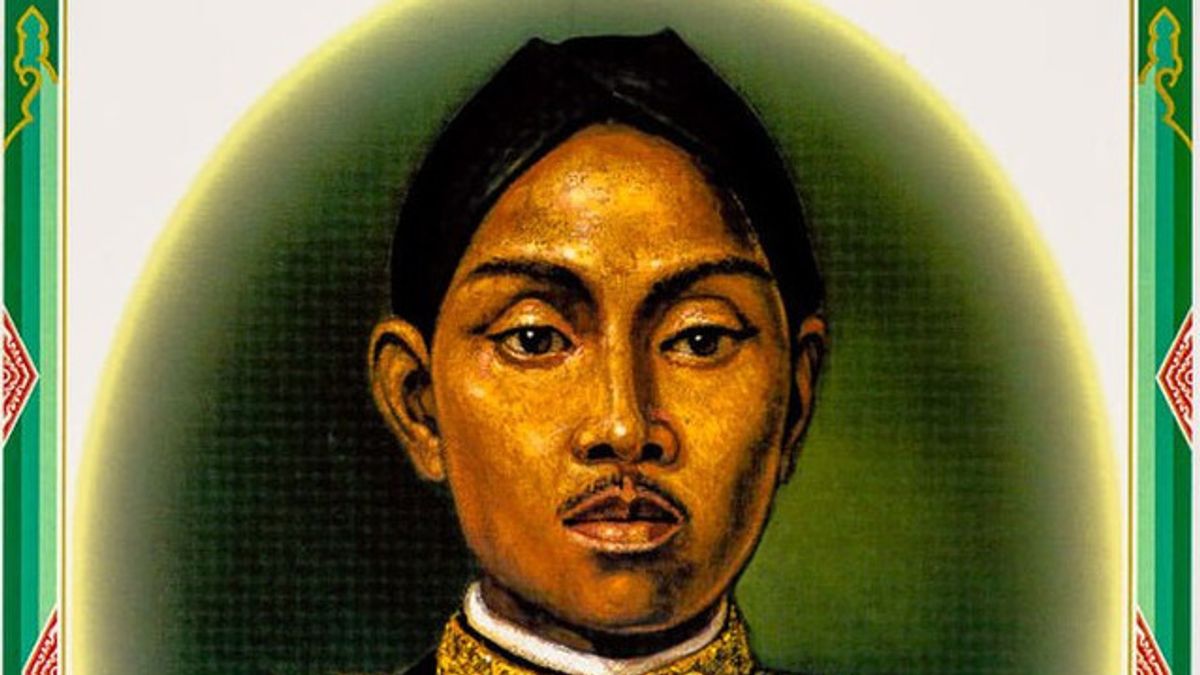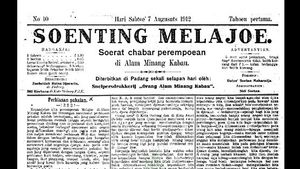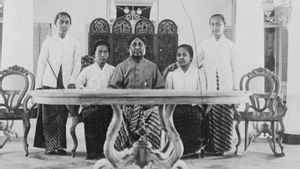JAKARTA History today, 211 years ago, July 12, 1812, Lieutenant Governor General of the Dutch East Indies, Thomas Stamford Raffles isolated the ruler of Yogyakarta Sultan Hamengkubuwono II (Sultan Sepuh) to Penang Island (now: Malaysia State). The insertion of the Sepuh Sultan was on the direct recommendation of Raffles' superior, Lord Minto.
Previously, the Sultan of Sepuh never wanted to cooperate with the colonial government under the command of England. Raffles and his staff were underestimated. At its peak, Raffles was furious and the war with the Sultan of Sepuh was inevitable.
Britain once had a desire to control the archipelago. They think that the archipelago is able to promise abundant profits. The option of annexing the power of the Dutch colonialists also emerged.
Even though this wish only materialized when Britain sent Thomas Stamford Raffles to the archipelago in 1811. The Dutch colonialists were made by England to flee. Raffles was transformed into the new ruler of the Dutch East Indies.
He was appointed as Lieutenant Governor General. Raffles' election was perpetuated as a representation of the British power in the archipelago. The trust was paid by Raffles with a capable leadership. He became a firm figure.
This firmness was seen when Raffles asked all rulers in Java to submit to him. Without exception. Anyone who rejects Raffles as a new leader on the island of Java will be fought. Take for example to the ruler of Yogyakarta, Sultan Sepuh, who did not want to submit to him.
Raffles came to him. Instead of getting a response, Raffles was actually played. Raffles' seat is actually lower than Sultan Sepuh's place. Other problems then escalated the situation. Raffles was furious.
He considered Sultan Sepuh to see him as a low leader. As a result, Raffles then declared war on Sultan Sepuh in June 1812.
The attack left the whole of Yogyakarta, especially where the king lived to be torn apart. Sultan Sepuh surrendered and could not contain the pace of British troops who were superior to weapons and strategies.
"Without regard to the status of the king, the Sultan of Sepuh is a father and older brother; for the Javanese, it is important to visit such a person. However, Raffles who carefully supervises the Crown Prince really dislikes this action.
He shouted angry at the two princes immediately after he saw them move. They were silent, half-rise from the chair, staring confusedly shocked by the harsh Malay order from Raffles. Raffles ordered them to remain sitting; no one else would show respect for the Sultan, "explained the Hannigan Team in the book Raffles and the British Invasion of Java(2016).
The incident, which was later remembered as Geger Sepoy, was considered a sign of Raffles' greatness. The owner of power wants to emphasize that no one has great power in the archipelago other than a Raffles.
Sultan Sepuh was also detained. Raffles then asked his superior, Lord Minto, to isolate Sultan Sepuh. Lord Minto also gave instructions to Raffles to isolate the Sepuh Sultan outside Java Island. The island chosen is Penang Island.
SEE ALSO:
The decision was issued on July 12, 1812. The assessment was deliberately carried out so that Sultan Sepuh was away from his relatives. It is also so that the influence of the Sultan of Sepuh cannot spread and interfere with the existence of British power in the archipelago.
On July 12, 1812, Lord Minto's instructions were received and then Sultan Sepuh was transferred to be exiled to Penang Island. In the attachment to the letter, it was also stated that there was a letter from the Penang Resident Major Farquhar, which in principle Penang Island did not mind being used as a place of exile.
FARquhar also stated his ability to bear all the budget that was charged to him during the exile of Sultan Sepuh there. After everything related to the prisoners had been resolved, Raffles decided to send the Sepuh Sultan to Penang Island, "said Lilik Suharmaji in the bookGeger Sepoy: England's Dark History of Conflict with the Yogyakarta Palace 1812-1815(2020).
The English, Chinese, Japanese, Arabic, and French versions are automatically generated by the AI. So there may still be inaccuracies in translating, please always see Indonesian as our main language. (system supported by DigitalSiber.id)














